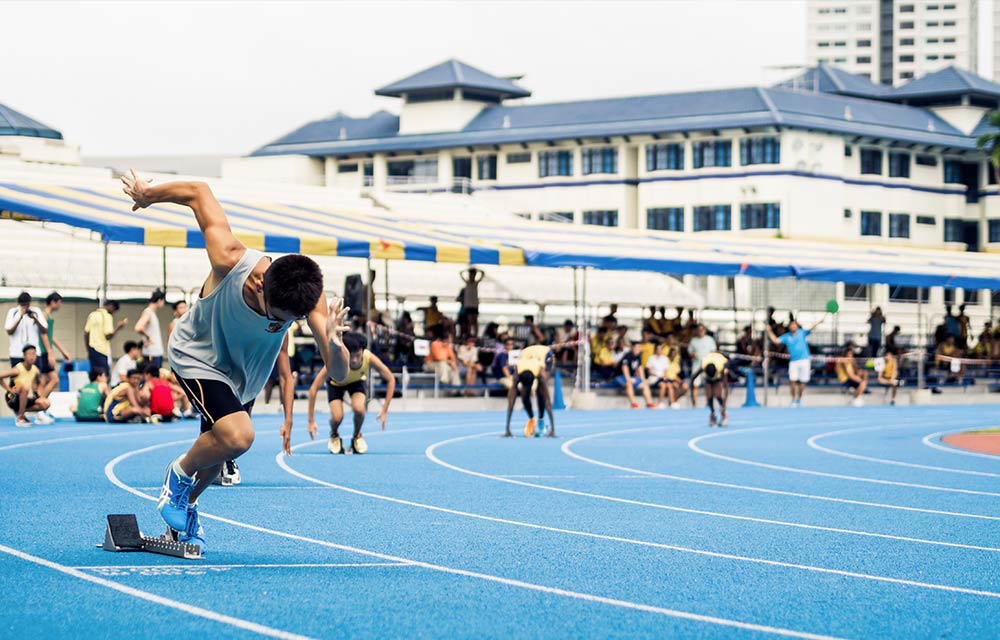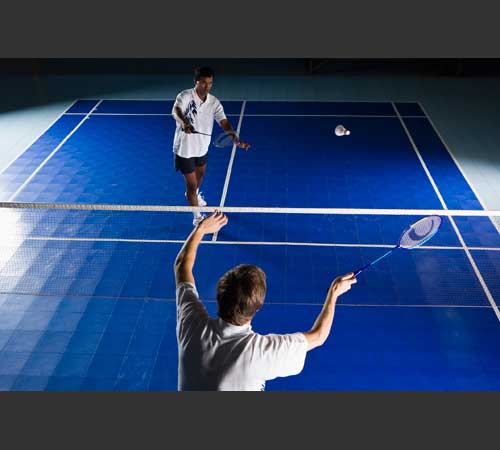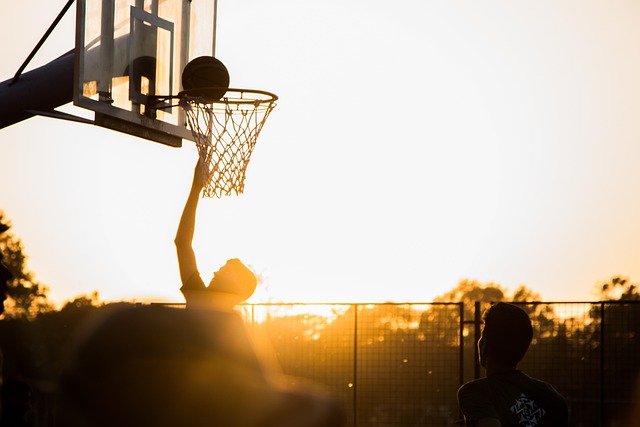
Are you ready to explore the profound impact that athletics can have on teamwork and sportsmanship?
Beyond championships, there lies a realm of essential life skills waiting to be developed. In this article, we will delve into how participating in sports cultivates effective communication, fosters cooperation and collaboration, instills respect for teammates and opponents, builds leadership qualities, and translates invaluable lessons into everyday life.
Prepare to gain insightful perspectives on the transformative power of athletics beyond mere victory.
Key Takeaways
- Developing effective communication skills
- Fostering cooperation and collaboration
- Cultivating respect for teammates and opponents
- Perseverance and determination
Developing Effective Communication Skills
Developing effective communication skills is essential for fostering teamwork and sportsmanship. In order to work effectively with others, it is important to actively listen and pay attention to what your teammates are saying. Active listening involves not just hearing the words, but also understanding the meaning behind them. This can help build trust and rapport among team members, as they feel heard and valued.
Nonverbal communication also plays a crucial role in effective communication. Body language, facial expressions, and gestures can convey emotions and intentions that words alone cannot express. Being aware of these nonverbal cues can help prevent misunderstandings and promote clearer communication.
By honing your communication skills through active listening and paying attention to nonverbal cues, you can enhance teamwork and sportsmanship on and off the field. Good communication fosters understanding, collaboration, and respect among teammates, leading to better performance individually and as a team.
Fostering Cooperation and Collaboration
Encouraging cooperation and collaboration is essential in fostering a positive athletic environment. By promoting inclusivity, athletes learn to appreciate the value of diversity and respect each other's unique contributions. This mindset not only enhances teamwork but also creates a sense of belonging for all members of the team.
Encouraging inclusivity means creating an environment where everyone feels heard, valued, and included regardless of their background or abilities. It requires coaches to actively seek out different perspectives and encourage athletes to work together towards a common goal.
Promoting empathy is another crucial aspect of fostering cooperation and collaboration. When athletes develop empathy, they are better able to understand and support one another, leading to stronger bonds within the team. Empathy allows athletes to put themselves in each other's shoes, resulting in improved communication and problem-solving skills.

By encouraging empathy, coaches empower their teams to build trust, resolve conflicts peacefully, and work towards shared success.
In conclusion, nurturing cooperation and collaboration by encouraging inclusivity and promoting empathy creates a positive athletic environment where individuals can thrive as part of a unified team.
Cultivating Respect for Teammates and Opponents
To cultivate respect for your teammates and opponents, it is important to acknowledge their unique strengths and contributions. Emphasizing empathy is crucial in creating a positive team dynamic.
Take the time to understand and appreciate the challenges that others may face both on and off the field. By showing genuine concern for their well-being, you can build trust and foster a sense of camaraderie.
Furthermore, encouraging fair play promotes respect among teammates and opponents alike. It means treating others with dignity, playing by the rules, and accepting both victory and defeat graciously. Fair play teaches valuable life lessons about integrity and sportsmanship that extend beyond the realm of athletics.
When everyone feels respected, valued, and supported, teamwork flourishes, leading to greater success on the field and in life.
Building Leadership Qualities
You can enhance your leadership qualities by taking on responsibilities and guiding your team towards success. As a leader, it is essential to instill discipline and dedication in yourself and your teammates. By setting high standards and leading by example, you can inspire others to give their best effort and work towards a common goal.
Additionally, being a leader requires the ability to solve problems effectively. Encourage open communication among team members, allowing everyone to contribute their ideas and perspectives. This fosters creativity and enhances problem-solving skills within the group.
Remember that leadership is not about exerting control or dominance over others but rather empowering them to reach their full potential. By cultivating these qualities, you will not only excel in athletics but also become a strong leader in all aspects of life.

Markdown list:
Set high standards for yourself and your team.
Lead by example to inspire others.
Encourage open communication for creative problem-solving.
Empower others to reach their full potential as leaders themselves.
Translating Sports Lessons into Everyday Life
Translating sports lessons into everyday life can help individuals develop valuable skills and qualities that contribute to personal growth and success. One of the key lessons learned from athletics is resilience. In sports, you face setbacks, failures, and challenges that require you to bounce back and keep going. This ability to persevere in the face of adversity translates directly into everyday life situations. It teaches you how to handle obstacles with determination and a positive attitude.
Another important lesson translated from sports is promoting sportsmanship. Sports teach us about fair play, respect for opponents, and the importance of teamwork. These values are not limited to the athletic field but can be applied in all aspects of life. By practicing good sportsmanship in our daily interactions, we build stronger relationships and foster a sense of community.
To better illustrate the impact of translating these lessons into everyday life, consider the following table:
| Sports Lesson |
Everyday Life Application |
| Resilience |
Overcoming challenges at work or school |
| Sportsmanship |
Treating colleagues with respect and fairness |
By incorporating these principles into our lives beyond championships, we enhance our personal growth and contribute positively to society.

Frequently Asked Questions
Are there any specific strategies or techniques provided in the article for developing effective communication skills in athletics?
To develop effective communication skills in athletics, role modeling effective communication skills is crucial. Additionally, incorporating communication exercises and drills can help athletes improve their ability to effectively communicate with their teammates and coaches.
To promote cooperation and collaboration among team members, coaches or leaders should focus on building trust and fostering a positive team culture. This can be achieved through open communication, group activities, setting common goals, and encouraging mutual respect and support.
Does the article discuss any specific methods for cultivating respect for teammates and opponents in the context of athletics?
To cultivate respect for teammates and opponents in athletics, the article suggests that effective communication skills are crucial. By promoting open dialogue, active listening, and empathy, coaches can create a culture of mutual respect among team members.
Are there any tips or suggestions for building leadership qualities within an athletic team?
To build leadership and foster teamwork within an athletic team, focus on developing communication skills, encouraging collaboration, setting clear goals, and providing opportunities for individual growth. Emphasize the importance of trust, accountability, and supporting each other's strengths.
Does the article provide any examples or suggestions on how to apply the sports lessons learned in everyday life situations?
Applying sports lessons to everyday life situations can help you develop effective communication skills. The article provides insightful examples and suggestions on how to transfer the skills learned in sports to real-life scenarios.
 SportsHollywoodLifestyleFashionHome & GardenTrendsPrivacy PolicyTerms And Conditions
SportsHollywoodLifestyleFashionHome & GardenTrendsPrivacy PolicyTerms And Conditions
